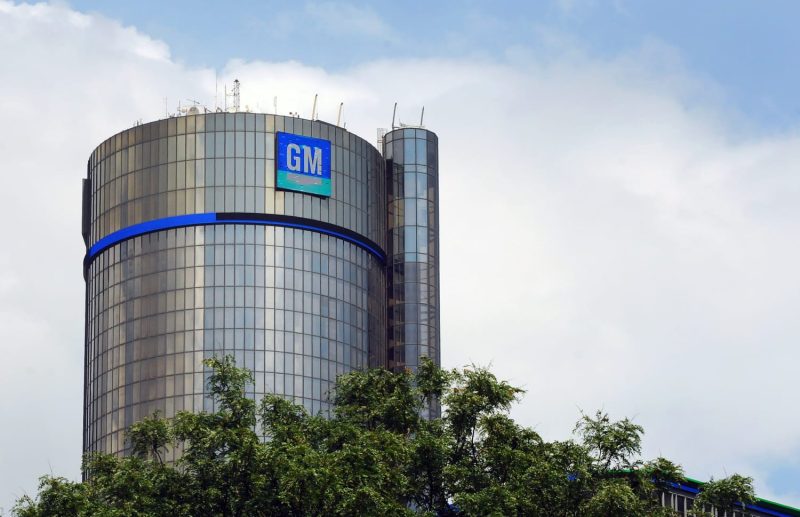In a recent move that has sent shockwaves through the automotive industry, General Motors (GM) has announced a significant layoff of 1,000 employees as part of a larger reorganization and cost-cutting effort. This decision, while not uncommon in the ever-evolving world of business, raises critical questions about the future of the company and its employees.
The ongoing reorganization at GM comes on the heels of a rapidly changing market landscape, marked by technological advancements and shifting consumer preferences. With electric vehicles (EVs) gaining traction and autonomous driving technologies becoming more viable, traditional automotive companies like GM are facing a dual challenge of adapting to new trends while also addressing cost concerns.
The layoffs, while undoubtedly a difficult decision, have been framed by GM as a strategic move aimed at streamlining operations and improving efficiency. By reducing its workforce, the company hopes to cut costs and reallocate resources to focus on key growth areas, such as EVs and next-generation mobility solutions. This shift in focus reflects a broader industry trend towards sustainable and technologically advanced transportation options.
However, the layoffs have sparked concern among employees and industry observers alike. The impact of such large-scale workforce reductions goes beyond just the immediate financial implications; there are also social and psychological repercussions to consider. For the 1,000 individuals affected by the layoffs, the loss of job security and income can have far-reaching consequences on their livelihoods and well-being.
Moreover, the layoffs raise broader questions about the future of work in an increasingly automated and digitized world. As companies like GM invest in new technologies and processes, the human cost of such advancements must be carefully weighed. How can companies ensure that their employees are not left behind in the wake of automation and digitization? What measures can be taken to support workers through periods of transition and change?
In response to the layoffs, GM has emphasized its commitment to supporting affected employees through severance packages, job placement assistance, and retraining programs. While these efforts are commendable, they underscore the need for proactive measures to address the challenges of job displacement in an era of rapid technological change.
Ultimately, the layoffs at GM serve as a poignant reminder of the complex interplay between business imperatives, technological innovation, and human capital. As companies navigate the turbulent waters of digital transformation and market disruption, it is essential to uphold a commitment to responsible and ethical business practices that prioritize the well-being of employees and communities.
Moving forward, GM – and the broader automotive industry – must strike a delicate balance between adaptation and compassion, ensuring that progress and profitability do not come at the expense of human dignity and social stability. Only by approaching organizational change with empathy and foresight can companies build a sustainable and resilient future for all stakeholders involved.
